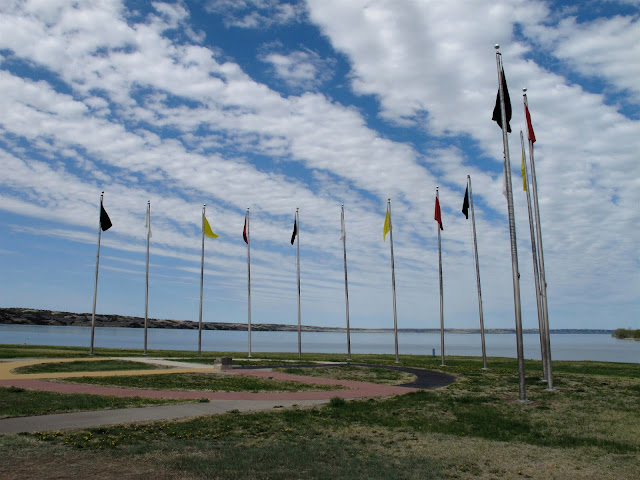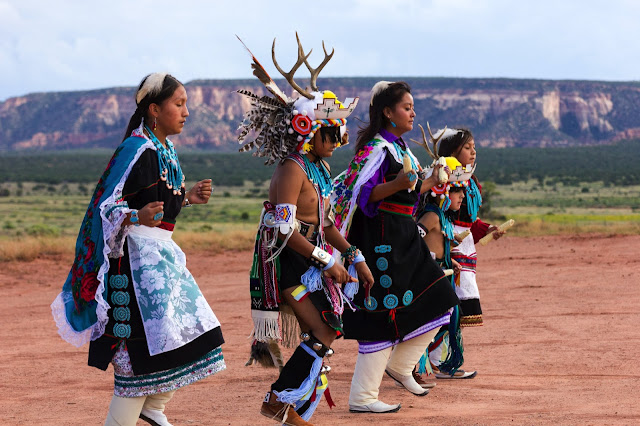Native Rights Two-Step—Tribal Voting Access Inches Forward for Sioux in South Dakota
Polling-place doors have cracked open in recent years, thanks to federal lawsuits and civil-rights complaints, Department of Justice intervention, and the hard work of Four Directions, a civil-rights organization headquartered on the Rosebud Sioux Reservation. Officials in the state, including Secretary of State Shantel Krebs, have have helped push the door open, notably by distributing federal Help America Vote Act money to counties for purposes including setting up satellite voting sites on reservations.
Yet, there is still plenty of work to do, said Brandon Sazue, chairman of the Crow Creek Sioux Tribe, whose reservation lies mid-state along the Missouri River. “We still don't get an equal vote. We are still fighting for our rights.”
The math backs up Sazue's assertion: In 2018, Crow Creek will have some of the worst access in the state. Leading up to the primary election, tribal voters will have no polling place at all in their capital, Fort Thompson, during South Dakota's 46-day early-voting and late-registration period, though they will be able to cast a ballot on primary election day itself. Matters are only slightly better for the general election, when Crow Creek will have a polling place for 9 days out of the 46, in addition to election day.
| Crow Creek’ s Sazue greets delegations from other Sioux tribes |
According to Krebs, the counties decide what they want to offer and make their requests to the state’s HAVA grant board. Efforts to contact the commissioners of Buffalo County, which overlaps Crow Creek and administers elections there, were rebuffed.
Buffalo County is one of several around South Dakota that faced federal lawsuits and civil-rights complaints before they improved ballot-box access for Native voters. Others include Dewey County, which overlaps the Cheyenne River Sioux Tribe’s reservation, as well as Jackson County, which overlaps northeastern Pine Ridge Indian Reservation, and Fall River and Oglala Lakota (formerly Shannon) counties, which overlap the rest of Pine Ridge.
“This struggle is all too familiar,” said Sazue. “We want equal rights, not just a little more rights.”
Text c. Stephanie Woodard. Missouri river photo by Stephanie Woodard; delegation photo courtesy Crow Creek Sioux Tribe.


